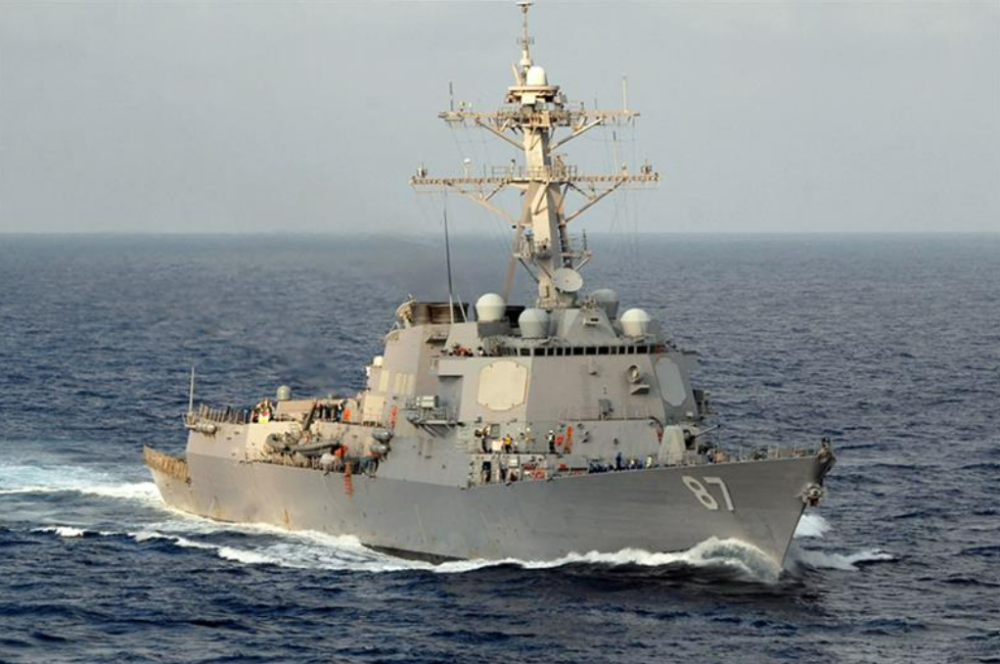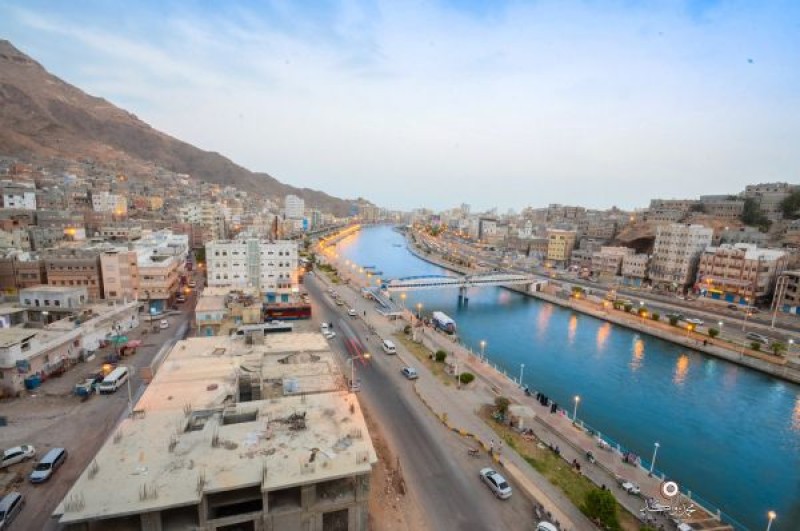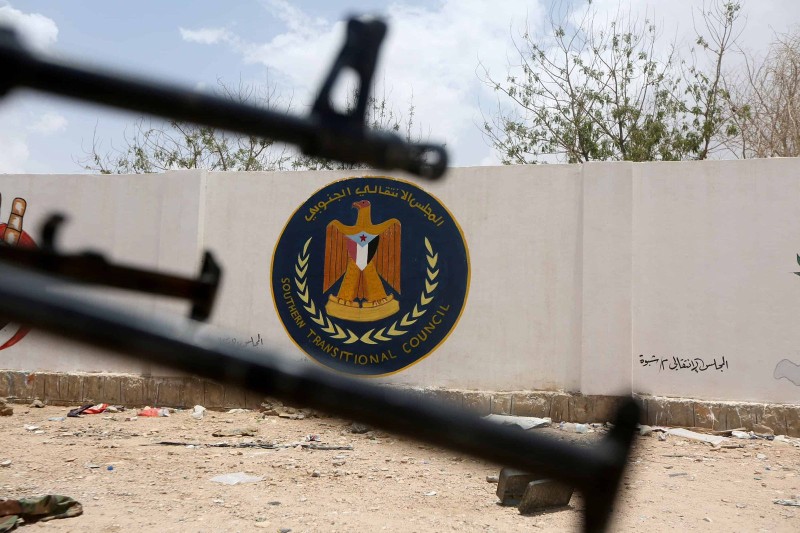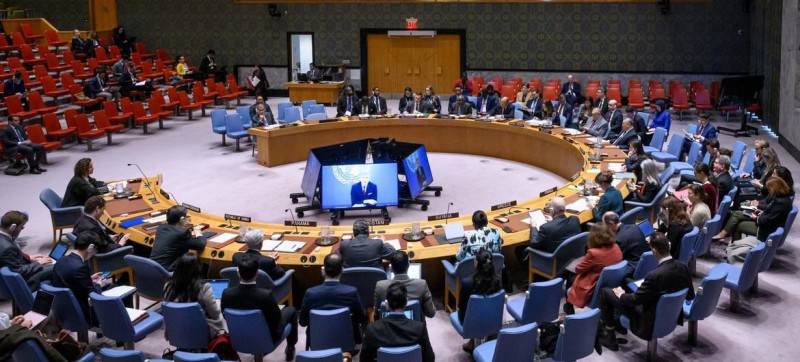A missile strikes Norwegian-flagged tanker off Yemen in an apparent expansion of rebel attacks


The assault on the oil and chemical tanker Strinda expands a campaign by the group targeting ships close to the Bab el-Mandeb Strait into now striking those that have no clear ties to Israel. That potentially imperils cargo and energy shipments coming through the Suez Canal and further widens the international impact of the now-raging Israeli war on Gaza.
Houthi military spokesperson Brig. Gen. Yahya Saree issued a video statement saying the rebels only fired on the vessel when it “rejected all warning calls.”
The U.S. military's Central Command issued a statement Tuesday saying an anti-ship cruise missile “launched from a Houthi-controlled area of Yemen” hit the Strinda.
“There were no U.S. ships in the vicinity at the time of the attack, but the USS Mason responded … and is currently rendering assistance,” Central Command said. The Mason is an Arleigh Burke-class destroyer that has been involved in several of the recent incidents off Yemen.
The private intelligence firms Ambrey and Dryad Global had earlier confirmed the attack happened near the crucial Bab el-Mandeb Strait separating East Africa from the Arabian Peninsula.
Geir Belsnes, the CEO of Strinda's operator, J. Ludwig Mowinckels Rederi, also confirmed the attack took place.
“All crew members are unhurt and safe,” Belsnes said. “The vessel is now proceeding to a safe port.”
The Strinda was coming from Malaysia and was bound for the Suez Canal and then on to Italy with a cargo of palm oil, Belsnes said. Saree alleged without offering any evidence that the ship was bound for Israel.
The British military’s United Kingdom Maritime Trade Operations, which provides warnings to sailors in the Middle East, earlier reported a fire aboard an unidentified vessel off Mokha, Yemen, with all the crew aboard being safe. The coordinates of that fire correspond to the last known location of the Strinda based on satellite tracking data analyzed by The Associated Press.
The Houthis have carried out a series of attacks on vessels in the Red Sea and also launched drones and missiles targeting Israel because of it's devastating war on Gaza.
In recent days, they have threatened to attack any vessel they believe is either going to or coming from Israel, though there was no immediately apparent link between the Strinda and Israel.
Israel’s national security adviser, Tzachi Hanegbi, said over the weekend that Israel has called on its Western allies to address the threats from Yemen and would give them “some time” to organize a response. But he said if the threats persist, “we will act to remove this blockade.”
Analysts suggest the Houthis hope to shore up waning popular support after years of civil war in Yemen between it and Saudi-backed forces.
France and the United States have stopped short of saying their ships were targeted in rebel attacks, but have said Houthi drones have headed toward their ships and were shot down in self-defense.
Washington so far has declined to directly respond to the attacks, as has Israel, whose military continues to describe the ships as not having links to their country.
Global shipping has increasingly been targeted as Israel war on Gaza threatens to become a wider regional conflict — even during a brief pause in fighting during which Hamas exchanged captives for Palestinian children and women detainees held by Israel. The collapse of the truce and the resumption of a punishing Israeli ground offensive and airstrikes on Gaza have raised the risk of more sea attacks.
The Bab el-Mandeb Strait is only 29 kilometers (18 miles) wide at its narrowest point, limiting traffic to two channels for inbound and outbound shipments, according to the U.S. Energy Information Administration. Nearly 10% of all oil traded at sea passes through it.
In November, Houthis seized a vehicle transport ship linked to Israel in the Red Sea off Yemen.
The rebels still hold the vessel near the port city of Hodeida. Separately, a container ship owned by an Israeli billionaire came under attack by a drone in the Indian Ocean.
A separate, tentative cease-fire between the Houthis and a Saudi-led coalition has held for months despite that country's long war. That's raised concerns that any wider conflict in the sea — or a potential reprisal strike from Western forces — could reignite those tensions in the Arab world's poorest nation.
In 2016, the U.S. launched Tomahawk cruise missiles that destroyed three coastal radar sites in Houthi-controlled territory to retaliate for missiles being fired at U.S. Navy ships at the time.

Aden – Yemen is witnessing heightened political activity aimed at defusing tensions in the eastern provinces, where competing forces have vie…

Aden – Anwar Al-Tamimi, spokesman for the Southern Transitional Council (STC), stated that the council’s recent deployments toward Hadr…

NEW YORK — The United Nations Security Council will convene its annual session on Wednesday, December 17, to hear briefings from the chairs o…